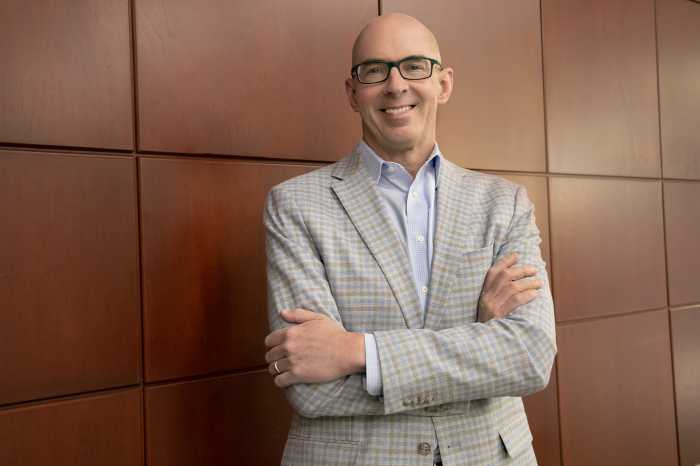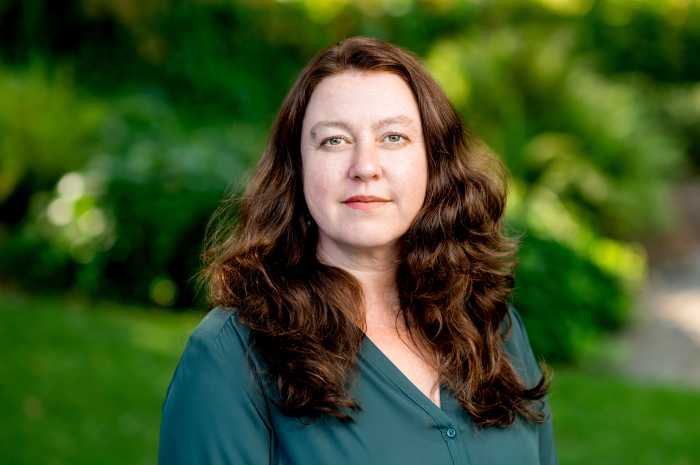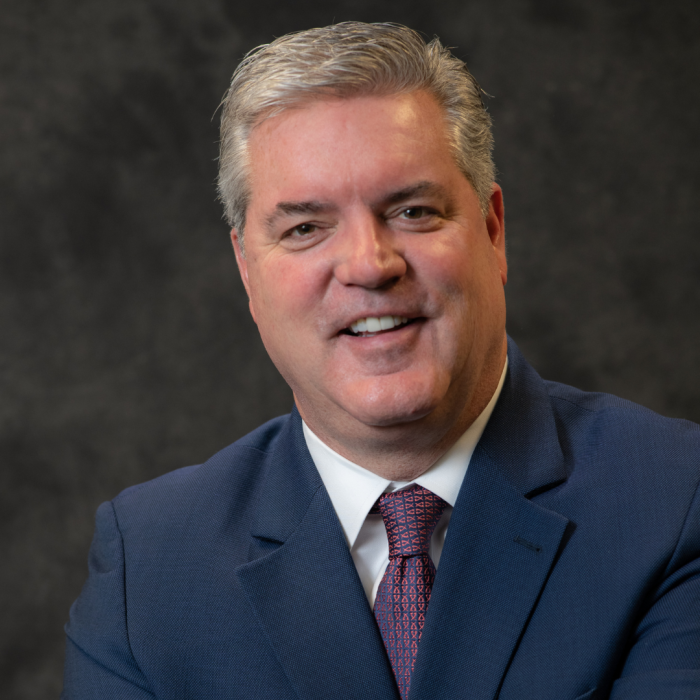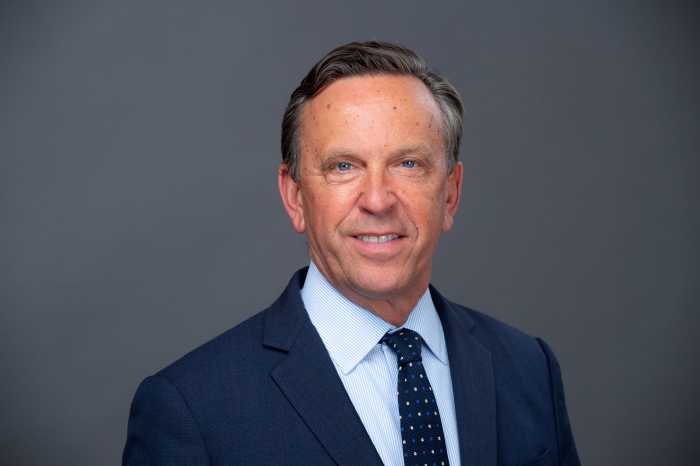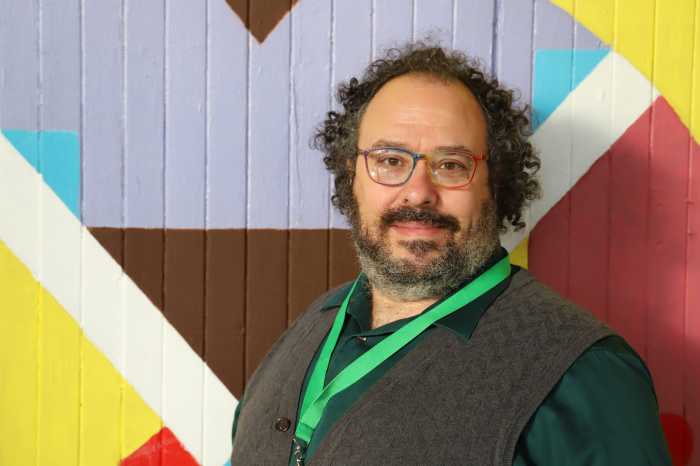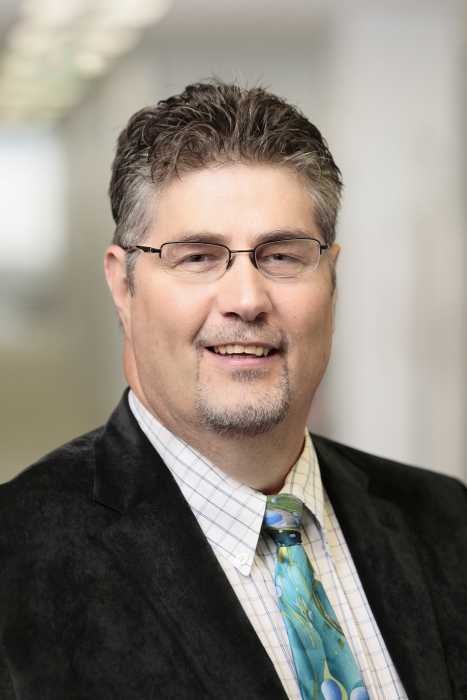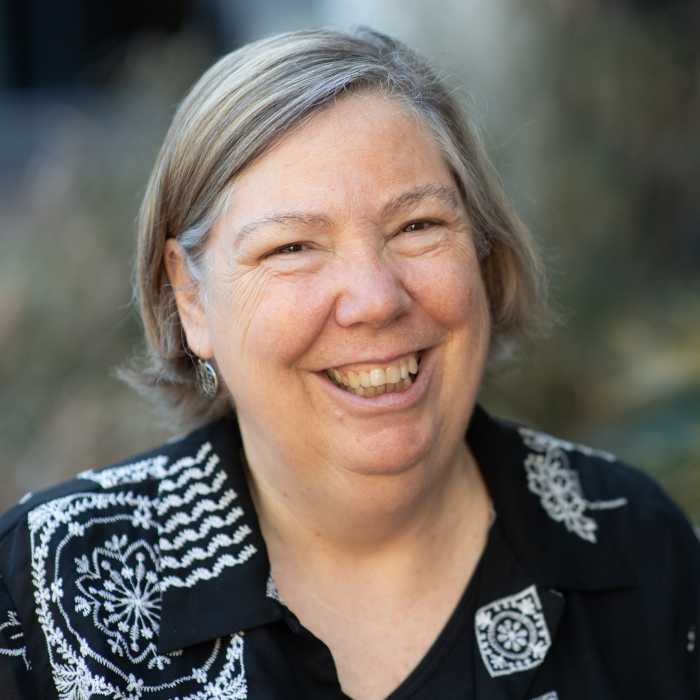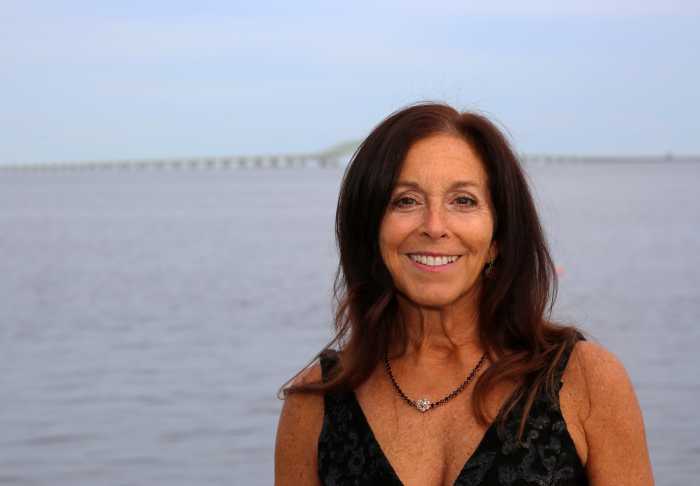Rich Dewey joined the NYISO in 2000 and has held several executive roles in product and project management, strategic software development and quality assurance. Previously, he spent several years in IT and network services for Husky Injection Molding Systems and Niagara Mohawk Power Corporation. He earned a B.S. in electrical and computer engineering from Clarkson University, a M.S. in computer engineering from Syracuse University, and is a graduate of Harvard Business School’s General Management Program.
What is one thing your organization hopes to accomplish in 2024?
We continue to enhance our planning models that will enable New York to achieve its energy policy objectives in the most reliable way. We’re also hard at work to evolve our energy markets that provide reliable power to New Yorkers in the most cost-effective manner possible. Affordable, reliable electricity is essential to New York’s health, safety, and economy.
Do you have any advice for someone looking to pursue a career in your field?
The electric power industry is the area where some of the most interesting, innovative, and important work is going on right now. In addition to being vital to our society’s security and economy, it is an important battleground in the climate crisis fight. I encourage young people to take lots of math and science classes; and develop a passion to accomplish something important.
What is one thing everyone can do to help protect the environment?
Being mindful of your daily energy consumption is incredibly important. New York’s clean energy goals become increasingly more difficult to achieve as the demand rises. Residents across our great state should look for ways to improve their own energy efficiency. The collective impact of millions of New Yorkers reducing demand really helps the grid.
What can policymakers do to aid in your organization’s work?
Policymakers should put reliability front and center when developing policy. The science and engineering behind our work keeps the lights on for all New Yorkers. Setting ambitious goals can help drive innovation and improvements but it’s important to understand what current technologies can actually deliver in terms of reliability. Most importantly, we must continue to communicate and collaborate in order to deliver the grid of the future.


